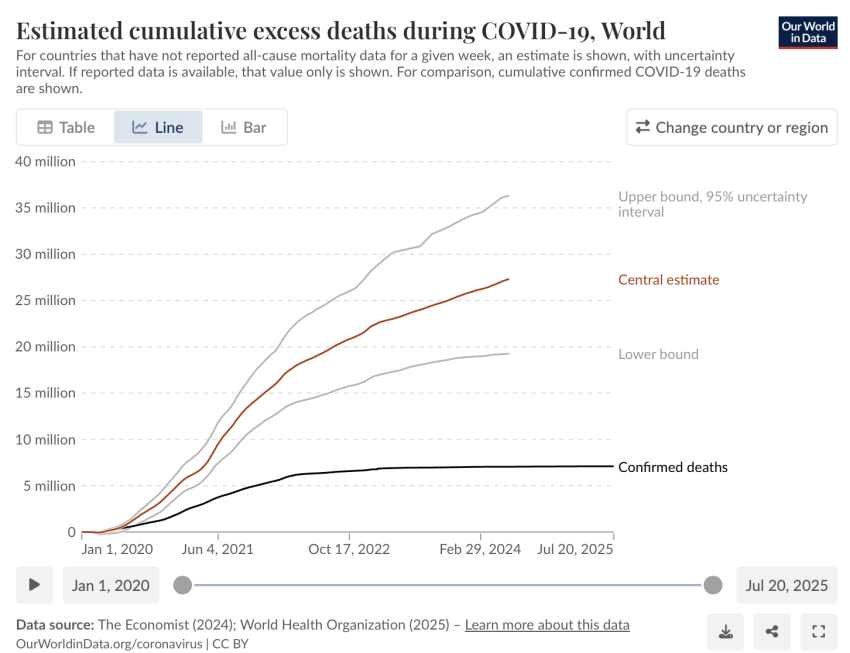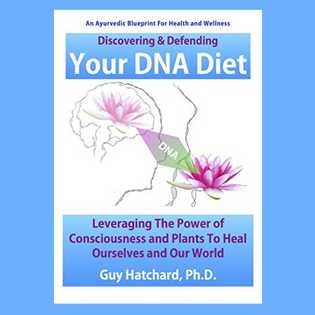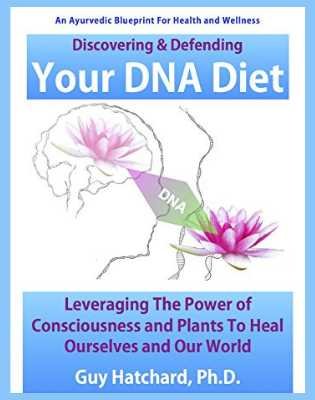Shane Jones MP has announced that the NZ First party will not support the
genetic modification of plants and animals unless there are very good
safeguards in place. This is a step in the right direction, but not enough. No
doubt the Health Select Committee has postponed any announcement on
the Gene Technology Bill because the National Party and ACT are
scrambling to come up with a version of the Bill which NZ First will support.
Therefore more needs to be done to educate the party. The pandemic should
have taught us that there are no adequate safeguards. Genetic modification
which cannot be contained, recalled or remediated. We need to contact NZ
First MPs to thank them but also to reiterate the dangers and pitfalls.
There seems to be some kind of perception growing that whilst genetic
modification of plants and animals should be approached with extreme
caution, nothing should stand in the way of medical research because of the
promised benefits for healthcare. This argument actually increases the risks.
The gain of function research programme at the Wuhan Virology Lab,
supported by members of the biotechnology fraternity from around the
world, was dedicated to developing a virus that was more infective and more and more deadly than the common cold. They succeeded. Since the escape of the manmade Covid virus and the introduction of novel biotech vaccines Our World in Data has calculated there have been more than 30 million excess deaths worldwide.

Last week we announced that we have transferred our GLOBE writing to Substack.com where we will publish articles setting out the reasons for the worldwide cessation of biotechnology experimentation. Two days ago we published an article The Long Read: Twenty Reasons to Completely Reject Biotechnology Experimentation Part 1. This morning I received an email from a new reader at the site who is an internationally recognised authority on the brain. They wrote:
“Many thanks, this is an excellent synthesis….you should fill it out and publish a short work on Amazon…I would very much like to see an expanded version”
We believe that GLOBE will reach a bigger audience at Substack and we very much encourage you to subscribe to our Substack posts and share them widely. They will not be duplicating our HatchardReport.com releases, so this will not burden your email inbox.
How did the biotechnology paradigm develop in the wrong direction?
In 1900 the world of physics was in crisis. The accepted classical theory predicted that radiation from a black body such as a wood burning stove would increase infinitely at the ultraviolet end of the spectrum. Experiment showed it didn’t. Max Planck proposed an elegant solution. Energy, he said, did not exist in continuous values, it was divided into discrete packets he called quanta. The resulting revolution in understanding led to the evolution of quantum mechanics, but it wasn’t adopted without a fight that rumbled on well into the twentieth century. The essential mistake was the belief that the microscopic world of the atom could be described in the same terms as the mechanical understanding of the macroscopic world around us that Newton and his successors elaborated. It couldn’t.
Today biotechnologists are making the same class of mistake, fundamentally they believe in a naive interpretation of molecular DNA that treats it as a linear alphabet, akin to the written word on the page, which arose through random evolutionary processes which can therefore be safely edited. It can’t be. Just as physicists couldn’t see the atom and its components, biotechnologists cannot directly see DNA and its functions. The properties of DNA have been inferred from indirect measurements using sophisticated equipment whose results unfortunately are being interpreted using a classical perspective. But the microscopic world is not classical, a hundred and twenty five years ago Planck proved that it is quantum mechanical.
The quantum world is not just composed of discrete packets of energy as opposed to classical continuous spectra, its states evolve in an abstract probability space which responds to the observer. It stores memories of past interactions which link distant entities together across time and space. It transcends our classical ideas of causality which are based on the billiard table where one ball hits another and then follows a continuous path to a definable goal. In today’s iterations of quantum ideas, time and space, rather than being the theatrical backdrop of every event, have become secondary concepts which evolve out of the self interaction of a unified field which just is—BEING itself.
Biotechnologists have ignored these quantum concepts, erroneously treating the body as a classical object devoid of consciousness. They have condemned themselves to remain behind in the 19th century classical world. To hide the deficiencies of this luddite paradigm, they have wrapped their pronouncements in mystique and promises of a glorious future of health and longevity. This is a mirage, an act of misperception and imagination. A book currently on the NY Times best selling list by Eric Topol entitled Super Agers, exemplifies the genre. Topol envisions biotech treatments for the worst chronic killers—diabetes, obesity, heart disease, cancer, and neurodegeneration which everyonewill begin to take long before middle age. A dystopian vision of a medical autocracy worthy of Orwell and Huxley.
The reality on the ground now, as we have been reporting, is quite different. Medical applications of biotechnology such as gene therapies are not actually curing people in large numbers or even small numbers, they are more often producing effects at great cost which are short lived (if at all) and accompanied by extreme risks of adverse effects on health. Recipients are facing the risk of death along with the certainty of a lifetime of expensive medical care. Because of the complexity of these procedures and the necessity for an individual approach (because everyone’s DNA is unique), there is no possibility of sufficient money, resources and personnel to carry them out on a wide scale within public health systems, nor is that desirable in any way.
The Gene Technology Bill proposes to give a virtual freehand to the biotechnology fraternity to experiment on the general public with the near certainty of a repeat pandemic performance, probably in an even more serious iteration. It even includes a clause to protect the instigators from any liability. If you need to remind yourself what is in the Bill go to our YouTube video and write to your MP. The 30 million excess deaths during the pandemic show just how much can go wrong and how quickly. All this points to the need for an alternative paradigm for biotechnology. That will be our next post on Substack. To subscribe go to https://guyhatchardphd.substack.com. As time allows, we will be developing educational courses on natural law and health which will be available through our Substack.






